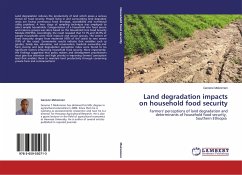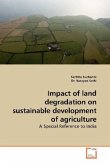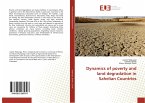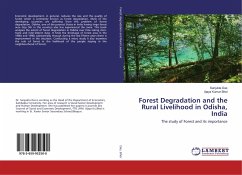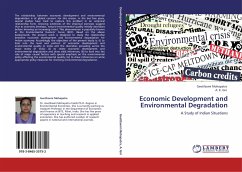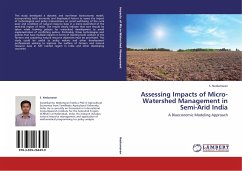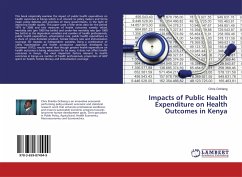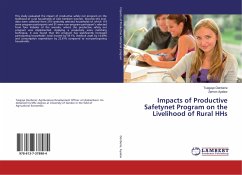Land degradation reduces the productivity of land which poses a serious threat on food security. People living in and surrounding land degraded areas are facing continuous food shortage, accessibility and nutritional utility problems. A two- stage of sampling technique was employed to select sample households. Categorization of a household into food secure and insecure groups was done based on the Household Core Food Security Module (HCFSM). Accordingly, the result revealed that 73.1% and 26.9% of sample households were food insecure and secure groups. The extent of food insecurity ranges from moderate (45% of the cases) to very severe (18% of the cases). Econometric results indicate that variables such as gender, family size, education, soil conservation, livestock ownership and farm income and land degradation perception index were found to be significant factors influencing household food security. More importantly, the findings suggested that policy makers and development practitioners must give due attention and high priority in improving farmers' perception level that enables them to maintain land productivity through conserving private farm and communal land.

